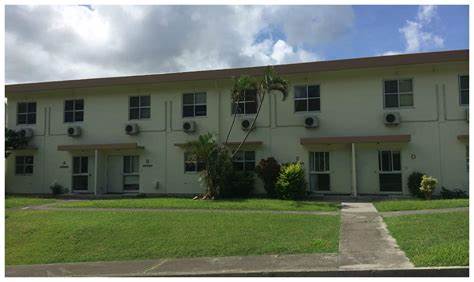It Would Be Easy for Everyone to Afford Apartment Rental Prices if They All Made Over $80,000 per Year. In an ideal world, everyone would have the financial means to comfortably afford housing expenses. However, the reality is quite different, especially for individuals earning low incomes. With the average American citizen making only around $59,384 annually(stated in the recent report by the US Department of Labor), the prospect of affording long-term rental prices becomes increasingly challenging.
A Landlord's Perspective
From a landlord's standpoint, ensuring that tenants can afford rent payments is essential for maintaining a stable rental business. Proof of income serves as a crucial factor in assessing a tenant's financial reliability. Landlords rely on tenants' monthly incomes to sustain their rental properties, making it imperative for applicants to demonstrate financial stability.
What if Your Current Income Level is Too Low
Low-income individuals often face barriers when seeking rental housing, particularly if their income falls below the threshold required by landlords. To navigate this challenge, renters can explore alternative approaches to meet landlords' requirements and secure rental accommodations.
1. Showcase Your Good Credit History
A strong credit history can compensate for low income, showcasing financial responsibility and reliability to landlords. By highlighting a positive credit score on rental applications, tenants can enhance their appeal to potential landlords.
2. Get a Cosigner
For individuals without sufficient income, securing a cosigner or lease guarantor can provide reassurance to landlords. A cosigner agrees to assume responsibility for rent payments in the event of default, mitigating the landlord's risk and increasing the likelihood of rental approval.
3. Obtain a Bank Statement
A substantial savings account balance can serve as evidence of financial stability, supplementing income requirements for rental applications. Renters can leverage bank statements to demonstrate their ability to meet rental obligations, even in the absence of regular income.
4. Pay a Higher Security Deposit
Negotiating a higher security deposit with landlords can offer a compromise for renters with low income. By offering a larger deposit, tenants can provide landlords with additional security and peace of mind, offsetting concerns related to income limitations.
5. Networking
Utilizing personal connections and networking within social circles can uncover rental opportunities and recommendations from landlords. Personal referrals and recommendations carry weight in rental applications, enhancing credibility and trustworthiness.
6. Shared Rentals
Exploring shared rental arrangements allows low-income renters to pool resources and split housing costs with roommates. Shared rentals provide an alternative housing solution, emphasizing compatibility and character rather than strict income requirements.
Conclusion
Navigating rental agreements with low income presents challenges, but proactive strategies can empower renters to overcome obstacles and secure housing. By leveraging credit history, cosigners, savings, and networking, individuals can enhance their rental prospects and access affordable housing options. Don't let financial limitations deter you from finding suitable rental accommodations.




